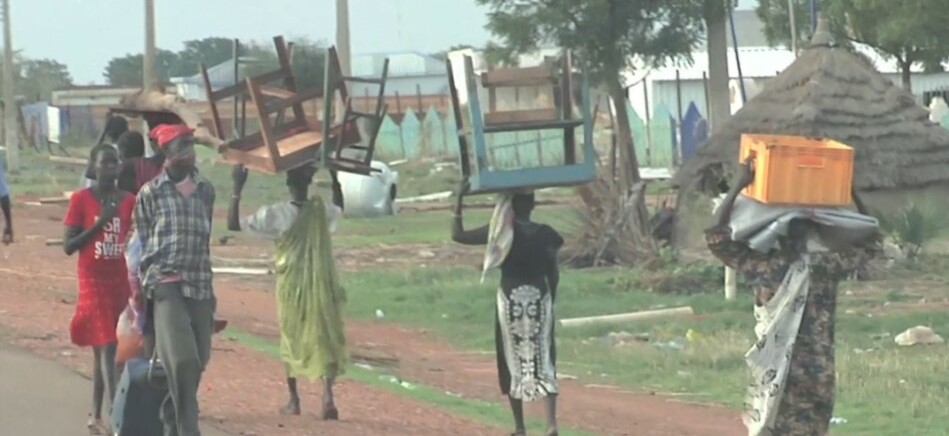Some residents of Unity State have expressed their happiness with the extension of the Transitional Government, but insisted that a General Election be held in 2026 as promised.
Speaking to Radio Tamazuj on Tuesday, several local residents said the government must use the two years to implement the pending requirements of the 2018 Revitalized Peace Agreement. These include the security arrangements and the completion of a new constitution.
Gatdet Gatduol Gatjang said that the unity government failed to implement the security arrangements and the new constitution, despite keeping themselves in the power-sharing arrangement for an extended period.
“If the leaders really mean well about the road map, they will implement the remaining chapters to peace and it will be good for us when they implement them all. If they do not mean well, they will ask for further extension in 2026,” he said.
“We demand elections in the next two years, and we do not need another extension,” he said.
Gatluak Gai Matoang from the Bentiu IDP camp said the government should now address the key issues of peace, which were not implemented by the parties to the agreement in the past four years.
He said the government should mop up all the arms in the hands of civilians so that elections can be held in a peaceful environment.
Another resident of the Bentiu IDP camp, John Nyebol, said the extension of the road map was good, particularly for the displaced.
“We do not want to go back to war like in 2013 and 2016,” said Nyebol.
Nyajal Kuol Tut, however, said the extension of the Transitional Government had made people lose hope.
“I am not happy with our leaders for the extension of the road map,” Tut said.
Last month, South Sudan’s government decided to postpone a long-delayed national election until December 2026, underscoring the challenges facing the country’s fragile peace process.
According to the revitalized peace deal of 2018, the government reshuffle was scheduled for September 22 of this year, with elections originally planned to begin in mid-December.
The public reaction to the extension has been mixed, with many South Sudanese expressing skepticism, describing the move as politically motivated and aimed at maintaining power.




